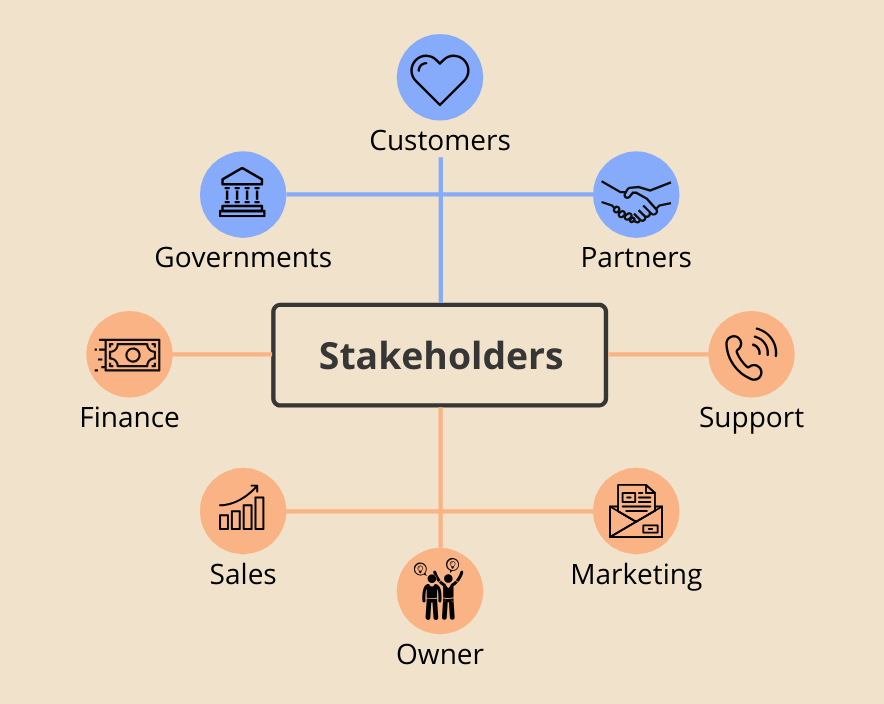
Part 1 -The responsibility of businesses to their stakeholders: customers, investors, employees and society
Mover/entrepreneur Aaron Steed recognizes that “it [isn’t] so much about how we moved furniture, it was about how we made our clients feel.” This young man understands that the customers’ experience is critical, and in fact it is that same attitude that has led to the huge success of his moving company.
Aaron and his brother, Evan, of Meathead Movers, early in their young business, began moving women out of domestic abuse situations for free. They also implemented a policy of hiring student athletes: respectful, clean-cut, drug-free. These ethical entrepreneurs are moved by each call they receive from a domestic abuse survivor thanking them for turning something so bad into a celebration of moving to their new homes and new lives. And this, in turn, has led executives and employees of domestic abuse centers to recommend Meathead Movers throughout their local non-profit community, resulting in huge growth for the business.
Ethics is more than legality. A society gets into trouble when people consider only what is illegal and not also what is unethical. Ethics and legality are two very different things. Although following the law is an important first step, behaving ethically requires more than that. Ethics reflects people’s proper relationships with one another: How should we treat others? What responsibility should we feel for others? Legality is narrower; it refers to laws we have written to protect ourselves from fraud, theft and violence. Many immoral and unethical acts are legal nonethless.
We define ethics as society’s accepted standards of moral behavior; behaviors accepted by society as right rather than wrong. Many people have few moral absolutes, deciding on a situation by situation basis. They seem to think that what is right is whatever works best for them, that each person has to work out for himself the difference between right and wrong. This thinking may be part of the behavior that has led to scandals in both government and business.
This is not the way it always was. In the United States, for example, with so many diverse cultures, it might seem impossible to identify common standards of ethical behavior. But this is not true. Common statements of moral values include integrity, respect for human life, self-control, honesty, courage and self-sacrifice. Cheating, cowardice and cruelty are commonly deemed wrong. And of course there is Golden Rule: Do unto others as you would have them do unto you.
Ethics begins with each of us. It is easy to criticize business and political leaders for moral and ethical shortcomings. Managers and workers often cite low managerial ethics as a major cause of US businesses’ competitive problems. But employees also frequently violate safety standards, or goof off during the work week. Adults in general are not always as honest or honorable as they should be. Even though volunteerism is at an all time high, 75% of our population do not give any time to the community in which they live. Plagiarism is the most common form of cheating today. And while most teens believe they are prepared to make ethical decisions in the workplace, more than half of high school students admit they have cheated on tests in the past year. Studies have found a strong relationship between academic dishonesty and workplace dishonesty.
Choices are not always easy, and the obvious ethical solution may have personal or professional drawbacks. Aaron and Evan Steed were young entrepreneurs, scraping by, yet due to their sense of right and wrong decided to offer free services to domestic abuse survivors. Non-paying customers certainly pose drawbacks, especially for a new enterprise. But their ethical convictions not only lead them to doing good, it also resulted in them doing well.
It can be difficult to balance ethics with other goals, such as pleasing stakeholders or advancing your career. These three questions may help: Is my proposed action legal; does it violate any law or company policy? Is it balanced; am I acting fairly; would I want to be treated this way; will I win at the expense of another? And how will it make me feel about myself?
Remember, doing well by doing good is a good thing.

